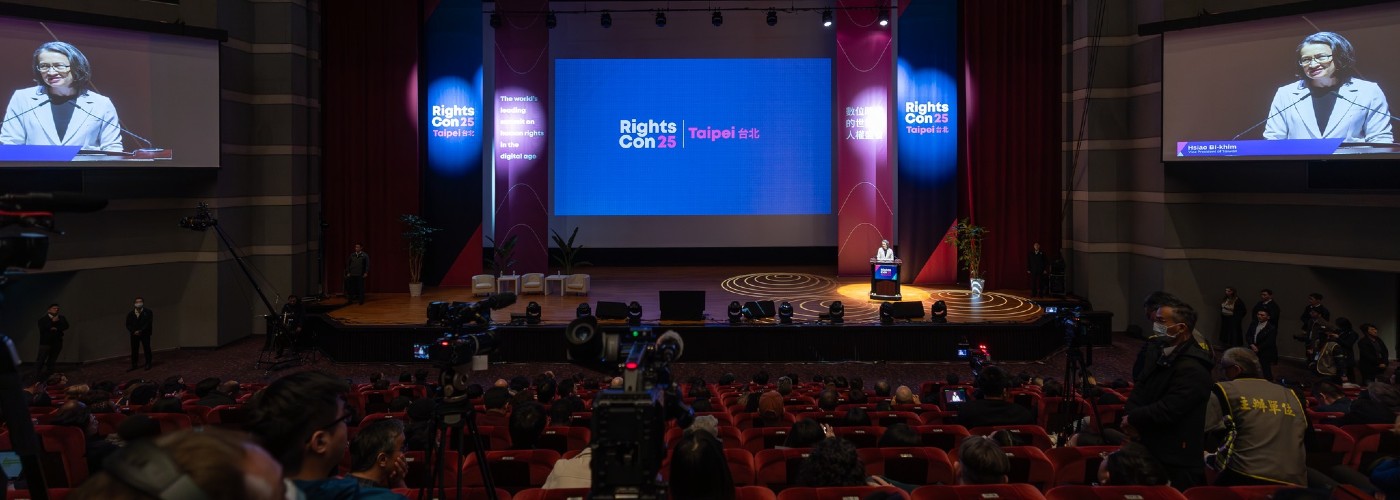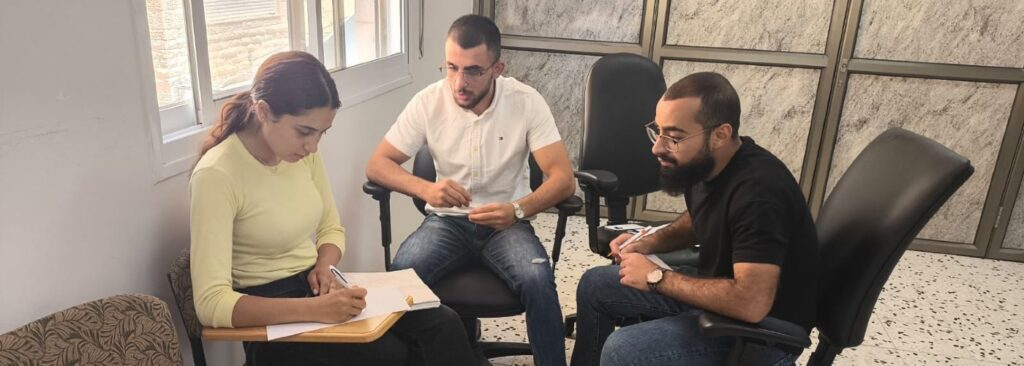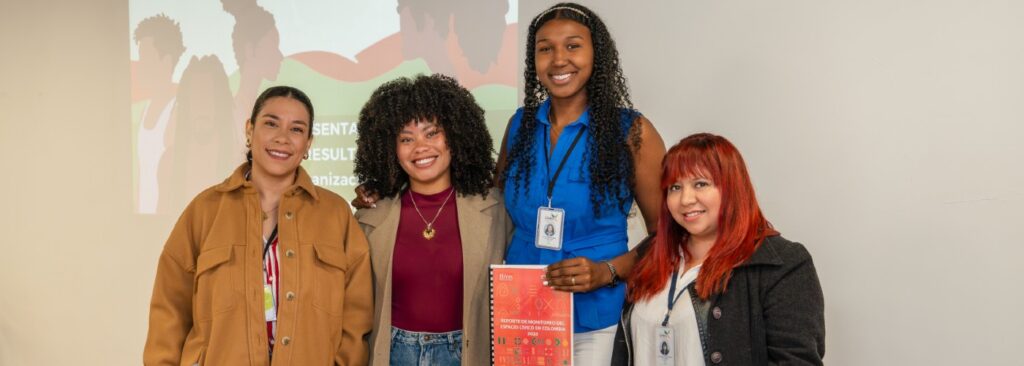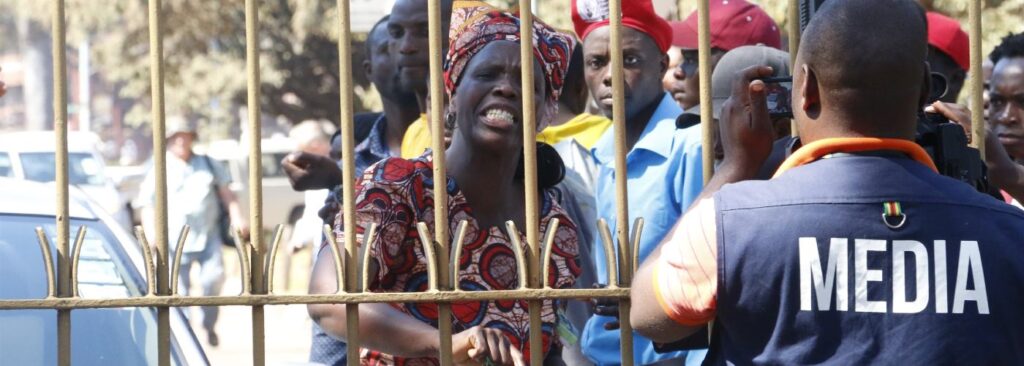In 2025, digital rights advocates, technologists, journalists, and civic leaders from around the world came together for RightsCon in Taipei, Taiwan. As one of the world’s leading forums on human rights and technology, RightsCon offered a critical space for reflection and strategy, especially for organizations navigating the closing civic space in Southeast Asia.
For the Connect, Defend, Act! (CDA!) project under Hivos, participation in RightsCon 2025 reinforced key strategic pillars. These included a deepened commitment to care-centered activism and the urgent need to strengthen digital security frameworks that address the experiences of marginalized communities.
Here we look at some of the lessons learned at the convention and our efforts to implement some of the proposals made.
Growing digital threats and responses
Sessions across the summit exposed an intensifying wave of online repression. Censorship, surveillance, and platform manipulation are expanding in reach and sophistication, especially during moments of political transition. Case studies from Bangladesh, Sri Lanka, Cambodia, and Indonesia revealed how legal frameworks, social media platforms, and even influencers are being used to reshape public narratives and restrict dissent.
At the same time, discussions around resistance strategies showed how communities are adapting. For instance, activists in Taiwan have developed alternative communication infrastructures during shutdowns. These include offline messaging apps, repurposed hardware, and decentralized networks. For organizations operating in similarly hostile digital environments, these tactics provide practical options for safeguarding communication and coordinating action.
From protection to care: shifting the security paradigm
One of the strongest messages to emerge from RightsCon was the growing recognition that security must include emotional and collective care. This idea was echoed in sessions that explored the holistic safety needs of human rights defenders, especially women, queer activists, and young civic actors.
Conversations moved beyond individual risk assessments, emphasizing trust-building, long-term resilience, and the necessity for safe, inclusive spaces that validate emotional labor. Sessions on collective care and trauma-informed organizing called for survivor-centered support models that focus on dignity and sustainability rather than endurance.
A roundtable co-organized by CDA! partners examined ways to incorporate gender equality and social inclusion principles into safety training. The session highlighted how traditional security approaches often overlook the intersecting vulnerabilities of LGBTIQ+ activists, women journalists, and others on the margins. The session emphasized participatory and context-sensitive methods, grounded in storytelling and mutual support, were emphasized as more effective and less harmful alternatives.
Putting learning into action
For the CDA! project, the insights gathered from RightsCon strongly reaffirm the importance of designing safety interventions that are responsive to specific political, cultural, and emotional realities.
A key priority within the “Defend” component of CDA! is the development of community-led safety assessments and support systems. Summit learnings will inform these processes by emphasizing that safety is a process of co-creation, not merely a checklist or set of tools. The way assessments are facilitated, the clarity of objectives, the nature of relationships, and the sense of mutual respect all influence whether such initiatives build trust or reinforce exclusion.
By centering lived experience and relational ethics, CDA! partners can strengthen not only the security of individuals and the resilience of networks and movements.
Strategic value of RightsCon for civic actors
RightsCon remains one of the few global spaces where actors working at the intersection of human rights and technology can gather in solidarity. The summit creates rare opportunities for regional collaboration, access to tools and resources, and the validation of experiences that are often dismissed in more formal policy spaces.
For civic actors across Southeast Asia, the summit raised awareness to structural issues such as online gender-based violence, internet shutdowns, and digital surveillance. These issues are not only technical challenges, but also human rights issues that demand global recognition and accountability.
As CDA! moves forward, the lessons from RightsCon 2025 will be embedded in its work, providing renewed motivation to anchor future strategies in care, resilience, and collective power. “What we do and how we do it shapes the outcomes,” recalled Nisrina Nadhifah, CDA! Project Officer for Indonesia, who represented Hivos at the convention. She added that, “RightsCon was a reminder that protection is also about presence, about creating space to be seen, heard, and supported.”
About Connect, Defend, Act!
Connect, Defend, Act! aims to counter efforts to restrict civic space by supporting civil society in three areas: coalition building, knowledge production, and collective action. By supporting efforts to defend and expand civic space, the project aims to create a more enabling environment for civil society to promote and defend democratic governance, human rights, and sustainable development. The six-year program is funded by Norad and is implemented in Colombia, Indonesia, Malawi and the occupied Palestinian territory.




